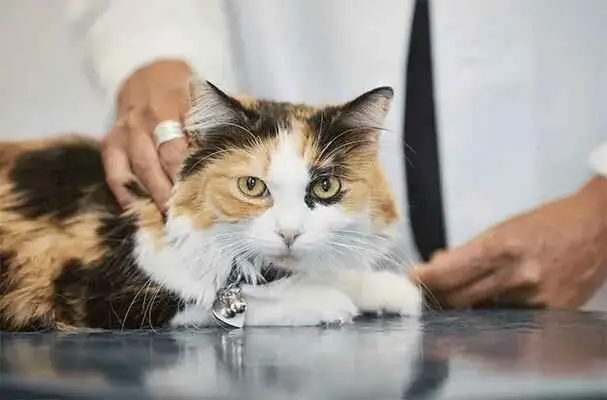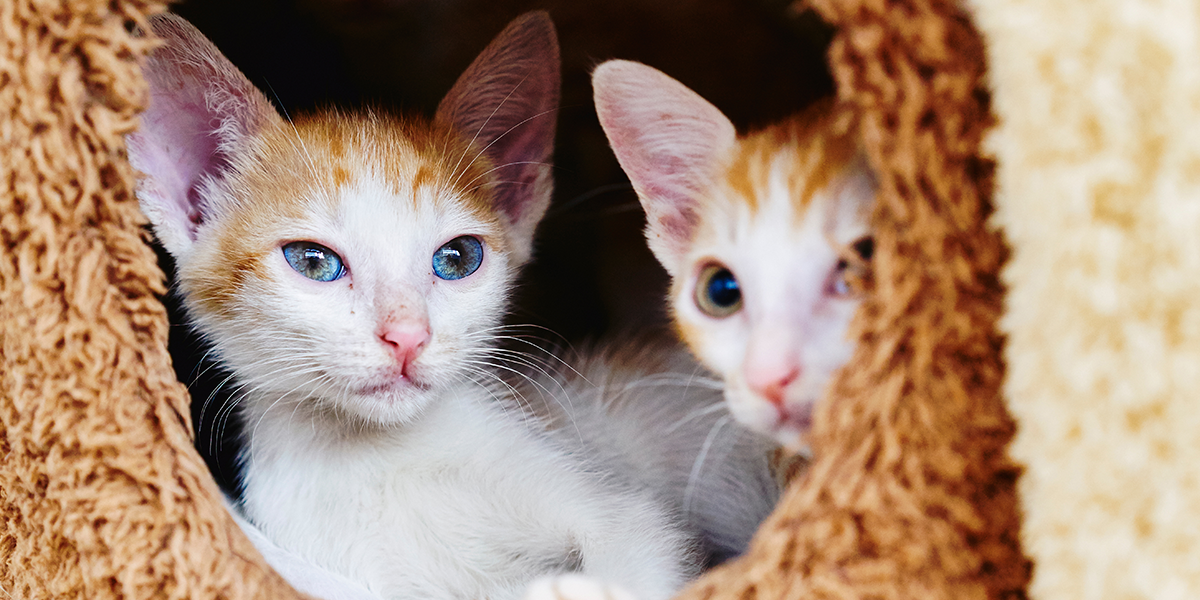Neutering, the surgical removal of a male cat’s testicles, is a common procedure that offers numerous benefits for the cat, its owner, and the community. Beyond curbing undesirable behaviors, neutering improves health outcomes and reduces the number of stray cats. Understanding the advantages and how to help your cat recover post-surgery ensures a smooth experience for both pet and owner.
Benefits of Neutering Male Cats
1. Prevents Unwanted Litters
Neutering is a responsible choice to help control the cat population. Male cats contribute to overpopulation by mating with female cats. This surgery eliminates their ability to reproduce, reducing the number of stray and homeless cats.
2. Improves Behavior
Neutering leads to noticeable improvements in male cat behavior:
- Reduced Aggression: Neutered cats are less likely to fight with other cats.
- Decreased Marking: The procedure minimizes or eliminates urine spraying to mark territory.
- Less Roaming: Without the urge to find mates, neutered cats are less likely to wander far from home, reducing the risk of accidents or injuries.
3. Promotes Better Health
The procedure also provides health benefits for male cats:
- Eliminates Testicular Cancer Risk: Neutering removes the testicles, eradicating the risk of testicular cancer.
- Decreases Prostate Issues: It significantly reduces the likelihood of prostate enlargement or infections.
- Minimizes Stress: Neutered cats experience less stress related to mating behaviors.
4. Strengthens the Bond with Owners
Without disruptive behaviors like spraying or aggression, neutered cats tend to be calmer, more affectionate, and easier to manage.
What to Expect During the Procedure
1. Pre-Surgery Preparation
- Health Check: Your vet will conduct a physical exam to ensure your cat is fit for surgery.
- Fasting: Most vets recommend withholding food and water 8-12 hours before surgery.
2. The Surgery
The procedure is straightforward and usually takes 5–20 minutes. Your cat will be under general anesthesia to ensure it feels no pain.
3. Post-Surgery
After the surgery, your cat will wake up in the vet’s care. Mild grogginess and reduced activity are normal for the first 24–48 hours.
Recovery Tips for Neutered Male Cats
1. Provide a Quiet Space
Create a comfortable, quiet area for your cat to rest. This helps minimize stress and prevents overexertion during the healing process.
2. Monitor the Surgical Site
Check the incision daily for signs of:
- Swelling or Redness: Mild swelling is normal, but significant changes could indicate infection.
- Discharge or Bleeding: Contact your vet immediately if these occur.
3. Prevent Licking
To protect the surgical site, your cat may need an Elizabethan collar (e-collar) to prevent licking or biting at the stitches.
4. Restrict Activity
Avoid allowing your cat to jump, run, or play vigorously for at least a week. Overactivity can delay healing or cause complications.
5. Feed Small, Light Meals
Anesthesia can cause temporary nausea. Offer small, bland meals for the first 24 hours and ensure fresh water is available.
6. Watch for Unusual Behavior
Call your vet if you notice:
- Lethargy beyond 48 hours
- Loss of appetite
- Vomiting or diarrhea
7. Follow Vet Instructions
Administer prescribed medications as directed, including pain relievers or antibiotics if necessary. Schedule a follow-up visit to ensure proper healing.
Common Myths About Neutering Male Cats
- Neutering Makes Cats Lazy:
While neutered cats may be less aggressive and energetic, proper playtime and diet prevent laziness. - Neutered Cats Gain Weight:
Neutering reduces roaming and energy expenditure, but balanced nutrition and exercise maintain a healthy weight. - It Changes Their Personality Completely:
Neutering modifies specific behaviors but doesn’t alter the cat’s fundamental personality.
Conclusion
Neutering male cats is a vital step in responsible pet ownership. From preventing unwanted litters to improving behavior and promoting health, the benefits are numerous. Post-surgery, providing attentive care and following vet instructions will help your cat recover swiftly and comfortably.
Choosing to neuter your male cat not only enhances its quality of life but also contributes to the well-being of the broader feline community.



